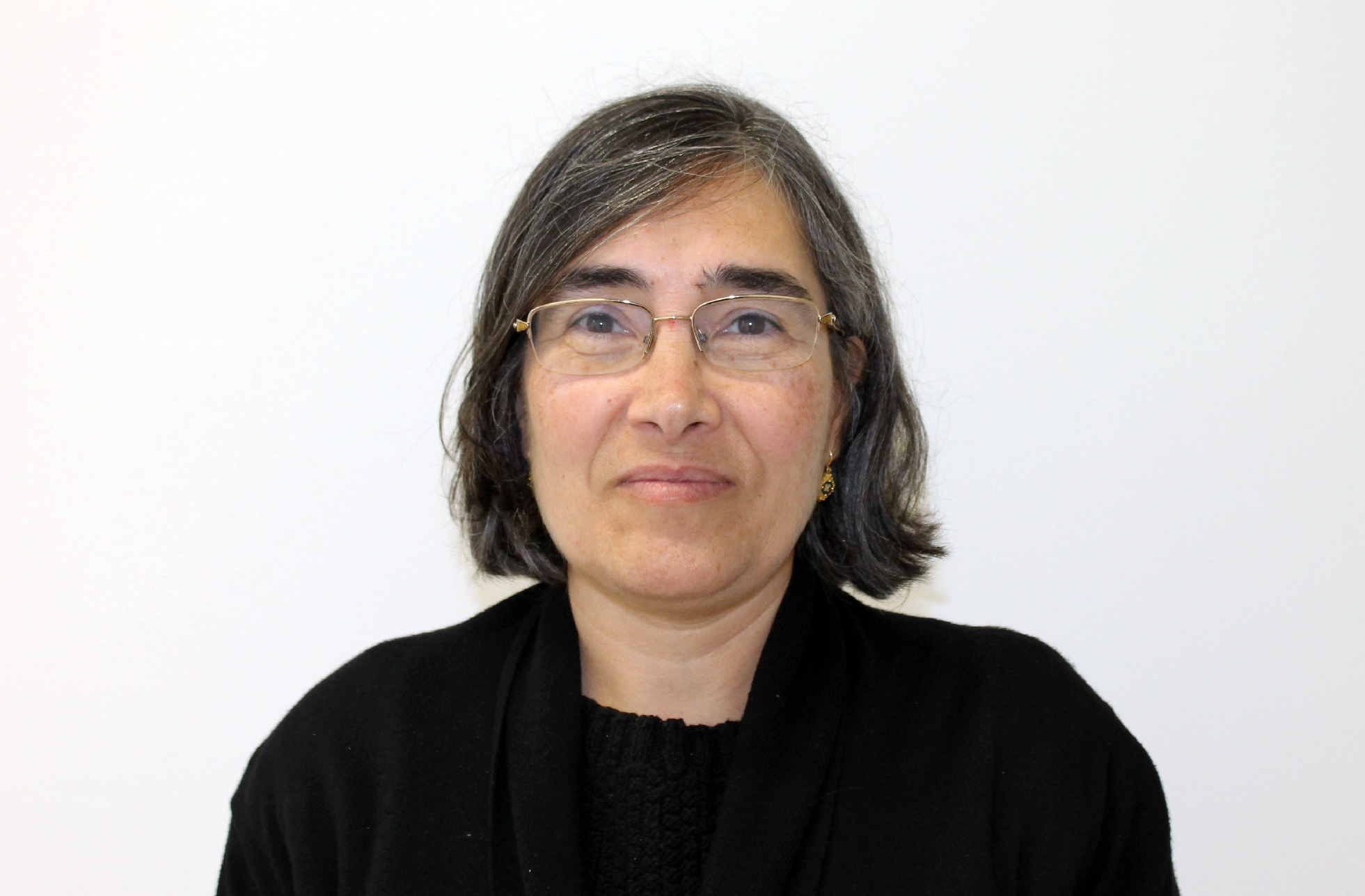
- +351 213 652 600
- +351 213 632 105
- Enviar Mail
- Download CV
- Orcid
- NOVA Research
Rosa Teodósio
Grupo GHTM: IHC PhD members, Individual Health Care
1990-Degree in Medicine; 1995-Master in Community Health; 2004-PhD in International Health.
Rosa Teodósio began her teaching career in 1992. Since 2004 she has been an Assistant Professor at the Tropical Diseases Clinic Unit at IHMT. She has taught in several courses at IHMT, currently coordinating and teaching the Master in Tropical Health, the Travel Medicine Course and the Tropical Health Course for Nurses. Since 1998, she makes medical appointments on travel medicine at the Association for the Development of Tropical Medicine / IHMT (more than 10,000 consultations) and has guided theoretical-practical internships in consultation, requested by doctors who intend to complement their training in this area. She supervised, or co-supervised, twenty-five master’s dissertations, two doctoral theses and three post-doctorates. She published twenty articles in international or national journals with scientific arbitration. Author, or co-author, of fifty oral communications and sixty-six poster communications. She is a member of the Ethics Council and the Pedagogical Council of IHMT-UNL; and a member of the International Society of Travel Medicine and the Portuguese Society of Travel Medicine. She was invited by Portuguese Blood Institute (IPST-IP), and is a member of the working group for the revision of the Manual for Clinical Screening of Blood Donors.
Scientific areas of interest: Travel Medicine, Migrant Health, International Health, Quality in Health.
Her research is mainly in Travel Medicine. She developed studies on i) the quality of the advice given to travellers by family doctors, pharmacists, travel agents, and on the quality of travel consultations on aspects related to the structure, process and outcomes of these consultations; ii) studies on adherence to malaria chemoprophylaxis; iii) studies on knowledge, attitudes and literacy in tuberculosis and vaccination of travellers and migrants in Portugal; iv) studies on knowledge, attitudes and practices for the prevention of arboviruses; v) studies on health problems during and after travel; vi) studies on nursing in travel medicine, in Portugal. She also studied infections by dermatophytes in migrant populations living in slums on the outskirts of Lisbon and participated in studies on antiplasmodium antibodies in individuals with previous stays in malaria endemic areas. Studies are underway on the use of genetically modified mosquitoes to prevent arboviruses and on knowledge, attitudes and preventive practices of infection in migrants visiting their families (VFR).
- Nazareth T, Craveiro I, Moutinho A, Seixas G, Gonçalves C, Gonçalves L, Teodósio R, Sousa CA. (2020). What happens when we modify mosquitoes for disease prevention? A systematic review. Emerging Microbs and Infections 9(1): 348-365.
- Portugal-Calisto D, Ferreira AR, Silva MS, Teodósio R. (2016). Post-exposure serological responses to malaria parasites in potential blood doners. Mal J 15:548.
- Nazareth T, Sousa CA, Porto G, Gonçalves L, Seixas G, Antunes L, Silva AC, Teodósio R. (2015). Impact of a Dengue outbreak experience in the preventive perceptions of the community from a temperate region: Madeira island, Portugal. PLoS Negl Trop Dis Mar 13; 9(3).
- Escobar C, Pateira S, Lobo E, Lobo L, Teodósio R, Dias F, Fernandes N, Arez AP, Varandas L, Nogueira F. (2015). Polymorphisms in Plasmodium falciparum K13-Propeller in Angola and Mozambique after the introduction of the ACTs. PLoS One Mar 19; 10(3).
- Nazareth T, Teodósio R, Porto G, Gonçalves L, Seixas G, Silva AC, Sousa CA. (2014). Strengthening the perception-assessment tools for dengue prevention: a cross-sectional survey in a temperate region (Madeira, Portugal). BMC Public Health 14:39.